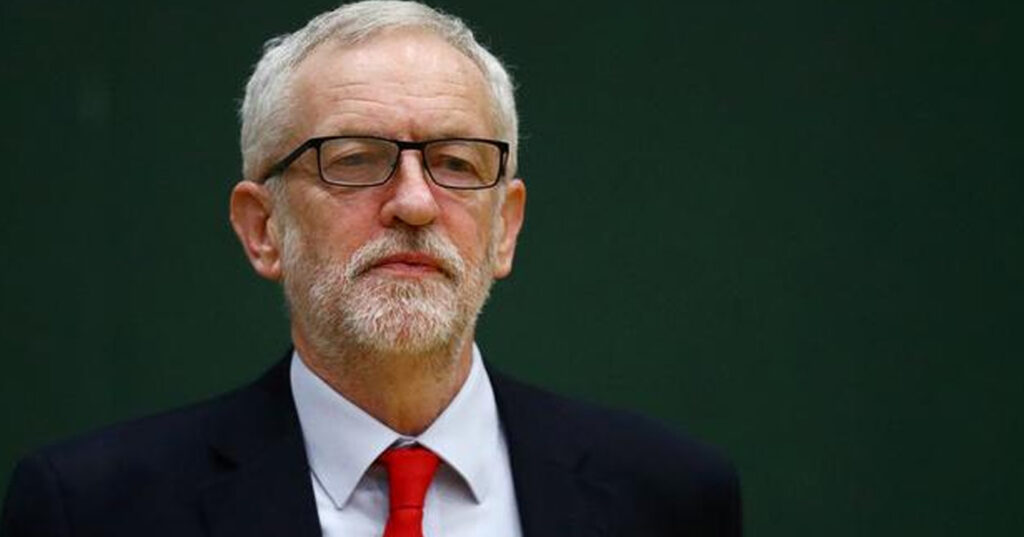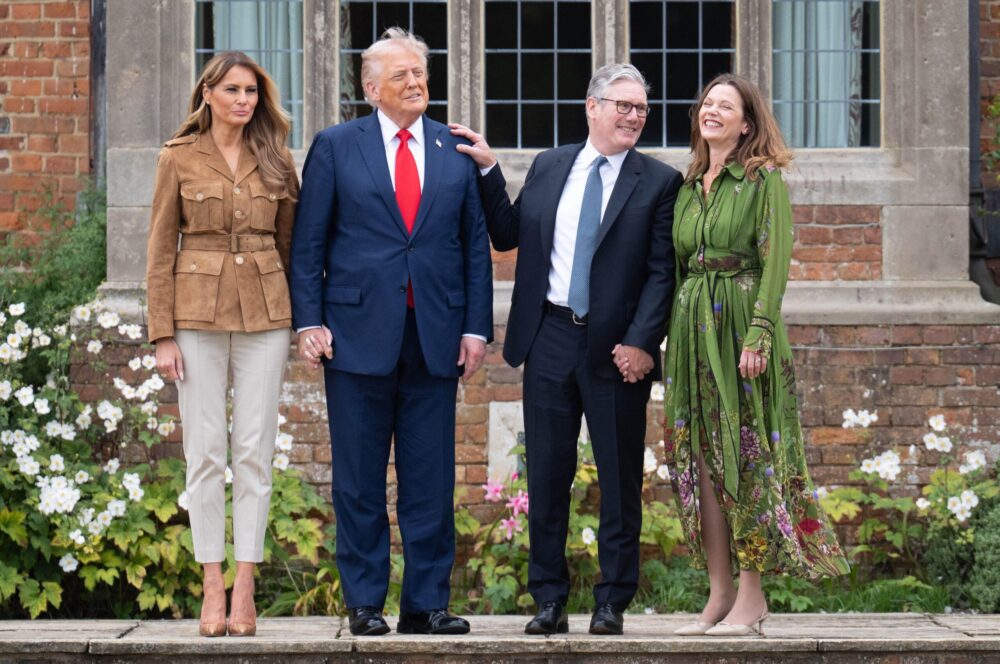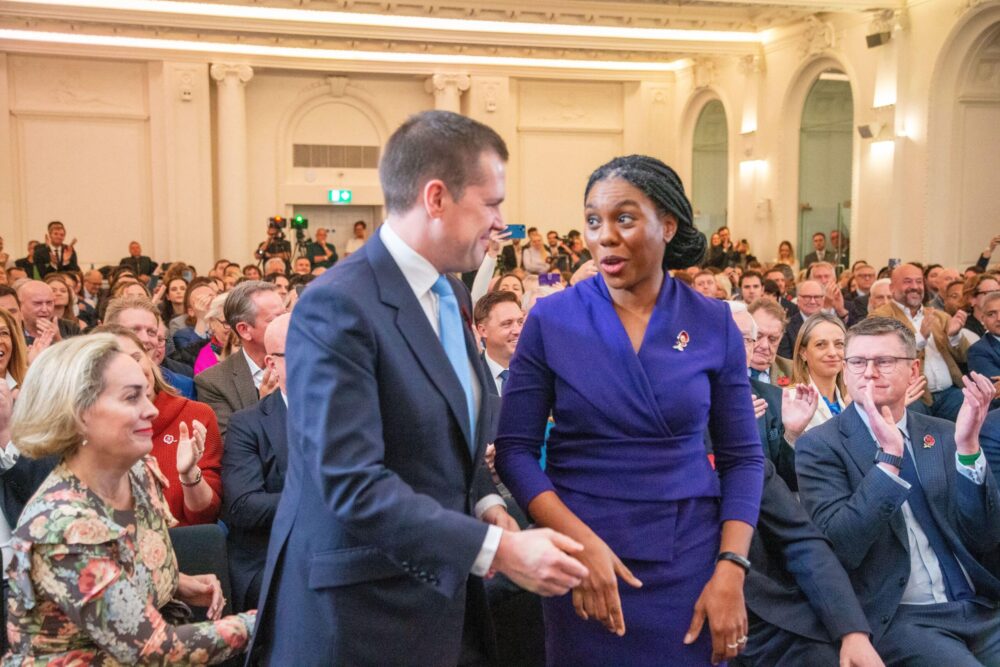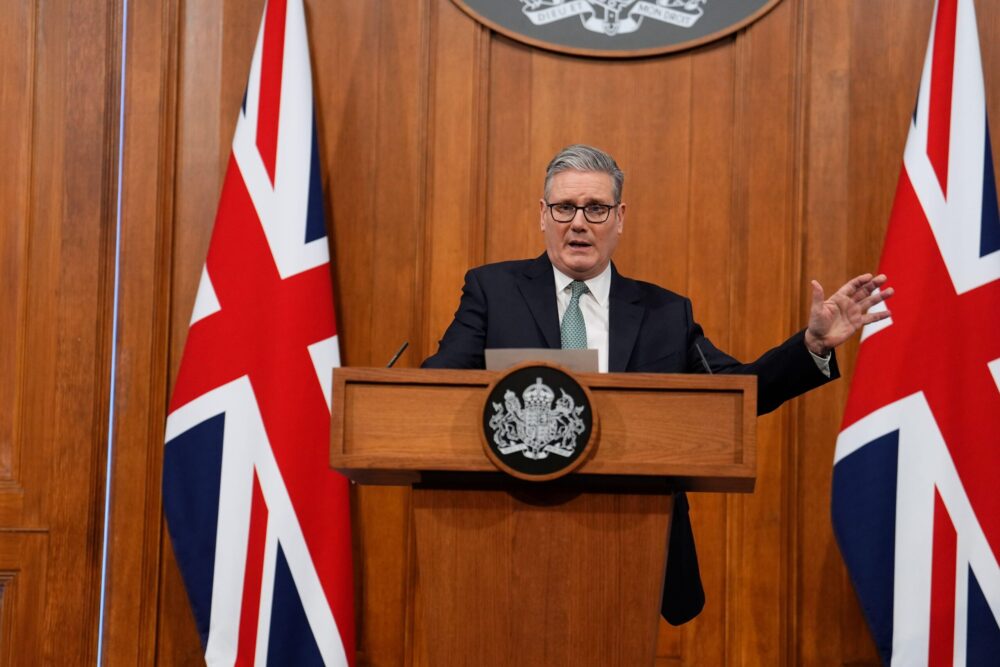
It has been said that a novel depicting the past week in the history of the Labour Party would have been rejected as too implausible. But the idea has crossed creative minds before: in Chris Mullin’s engrossing 1982 story A Very British Coup, an ultra-left unilateralist Labour leader, Harry Perkins MP, is elected Prime Minister. If political life has not in this case imitated art to the fullest extent, it at least feels as though we are living through the prequel.
One of the reasons we seem to be trapped in the pages of fiction – in which a 200-1 outsider has become leader of HM Opposition, appointing a Shadow Chancellor who has praised the IRA’s “armed struggle” and cheerfully advocates the overthrow of capitalism, and a minister for agriculture who is against the farming of animals – is that the ascent of Jeremy Corbyn is easier to explain in retrospect than it was to see coming.
The new leader’s performance at Prime Minister’s Questions was a good deal more competent than many expected – even if, by politely reading out questions emailed in by Labour supporters, he had effectively appointed himself the moderator of a national weekly edition of Cameron Direct, the public meeting format in which the PM excels. If the Labour benches were not inspired, at least they may have been reassured after their 96-hour rollercoaster ride.
It would be a mistake to see the mishaps since the leadership announcement merely as a symptom of the fact that Corbyn has yet to get a grip on his communications. The more pertinent question is whether he sees them as mishaps at all. More likely, commotions about singing the national anthem, or what he will wear at the Cenotaph, or even things like message discipline within the Shadow Cabinet, are for him part of a corrupt, myopic style of politics he has always rejected. He simply does not think they matter. The same is true, it seems, of his refusal to make any attempt to persuade those outside his band of supporters. For thirty-two years, Corbyn has evidently seen it as his mission to raise the issues he thinks are important and tell the truth as he sees it, however unfashionable or unpopular either might be.
These are admirable traits, and Corbyn is doing the job of party leader as he understands it, however eccentric this may seem. What, then, can he be expected to achieve? Jez We Can, they said, but Jez We Can what?
In a sense it is the wrong question to ask. Corbyn was not elected for what he would do but what he would be, or more to the point, what he would not be. First of all, it meant not being any of the immediate alternatives, who reminded activists of the bad old days of trimming and hedging on Labour’s principles to become (as they saw it) Tory-lite, with nothing, at least in recent years, to show for it. More broadly, it is a rejection of the idea that Labour should strive to be the natural party of government. If such a title was the holy grail of previous generations of Labour supporters, for today’s membership it implies being part of the establishment, a berth they do not want.
And as I noted in Project Red Dawn, my research among current and former Labour voters published last week, activists want to work for a cause they believe in among people they agree with – they are not yet ready to reach out to the voters who turned away and, they feel, let the country down.
That, at least, is my reading. Those of us outside the left-wing ecosphere (they really do call it that; I’ve heard them) must tread carefully when trying to analyse the mindset of its inhabitants. But it must be largely true, because the only alternative explanation is that they chose Corbyn as the candidate most likely to win a general election. That is simply too implausible to be considered.
Even so, some Labour figures have talked up Corbyn’s potential voter-appeal. This usually amounts to wishful thinking: one MP, quoted by the BBC’s Laura Kuenssberg, apparently suggested that “the more he doesn’t look like a Prime Minister, the more people will want him to be Prime Minister”. This amounts to a high-risk strategy: he would certainly be the first leader to achieve power by playing hard to get.
Suggestions that Corbyn could boost Labour’s chances by invigorating the third of the electorate who do not bother to turn out are also optimistic. As Stephen Bush of the New Statesman has comprehensively pointed out, those who do not vote do not think that differently from those who do – Labour could expect no significant advantage from extra turnout overall.
Some hope that ex-Labour voters who went to UKIP in 2015 will be persuaded to return to the fold by Corbyn’s refreshing authenticity. But despite their complaints that the parties had all become the same, these people did not back Nigel Farage for want of a purer socialist alternative. It is hard to see Corbyn’s positions on immigration, welfare, or the Armed Forces attracting many back from UKIP: the traffic is more likely to continue in the opposite direction.
Ultimately, there is no route back into government for Labour that does not involve winning over those who currently vote Conservative: that is to say, people who thought – four months ago – that Labour could not be trusted with the money and did not have a very convincing candidate to be Prime Minister.
Meanwhile, Labour MPs – only fourteen of whom are thought to have voted for him – must yearn for the Australian system, under which the Liberal Party this week entered a room with one leader and left it with another. Corbyn’s mandate in the wider party – combined with the fact that they did not actually elect him to achieve anything, and he cannot therefore fail – means he is probably safe for now. And even if MPs were to move against him, the party electorate that installed him is not going anywhere.
It is possible, of course, that Corbyn will find that he so hates the job, and the circus that goes with it, that he decides to call it a day and spend more time with his constituents. Otherwise, it looks as though we are going to have to get used to him.


